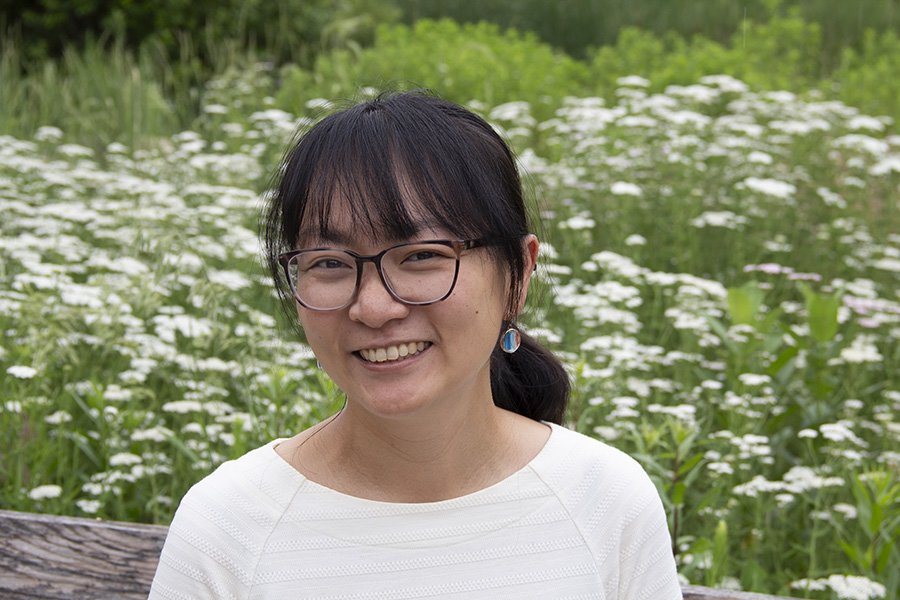Xue Feng to receive Deb Swackhamer Early Career Award

Xue Feng chosen to receive the Deb Swackhamer Early Career Award, honoring Swakhamer’s commitment to early career scientists and her example of authentic leadership. This award spotlights future leaders in the understanding, management, and care of our water resources. The award will be presented at the 2024 MN Water Resources Conference in October.
Department Head Paige Novak commented, “I was friends with Deb and thought of her as a wonderful mentor throughout my career—she was a caring advisor, an excellent scientist, and a true advocate for the environment and for those that depended on it, including those that could not advocate effectively for themselves. I am so very proud to see Xue Feng emulating these incredible traits.”
Dr. Xue Feng is a McKnight Land-Grant Associate Professor in the Department of Civil, Environmental and Geo- Engineering (CEGE) at the University of Minnesota. Feng received her Ph.D. degree from Duke University in 2015 and, following a two-year postdoc at UC Berkeley, joined the CEGE faculty in 2017. Feng’s research interest centers on the role of plants in controlling the water cycle. Her work is highlighted by the multiple space and time scales she considers and the mathematical and mechanistic sophistication with which she couples plant physiology to hydrological outcomes.
Two projects in Feng’s research portfolio closely mirror the combination of fundamental science and strong societal impact that were a hallmark of Professor Swackhamer’s work. In the first, Feng’s field-based research in the peatlands of Northern Minnesota is providing critical information on how climate change will affect the future water cycle in Minnesota and the nation. In the second, Feng’s research within the UMN-based NSF urban Long Term Ecological Research (LTER), focuses on how to best control and manage the water cycle in urban environments to ensure the safety and well-being of our society.
Feng is also a leader in the scientific community. Of note, is her role in promoting women in the hydrological sciences, editing a special issue in the Journal of Hydrology entitled “Women in hydrology: celebrating the contributions of mentors, researchers, and leaders.”
From Feng’s research group website: Our group studies how water shapes ecosystem response to climate change, and we use this knowledge to advance watershed and Earth system modeling. We work in a wide range of settings, including seasonally dry ecosystems, urban cities, and peatland watersheds. We use a range of statistical, computational, and field-based methods to analyze the variability in the climate system and model the nonlinear dynamics within the soil–plant–atmosphere continuum.